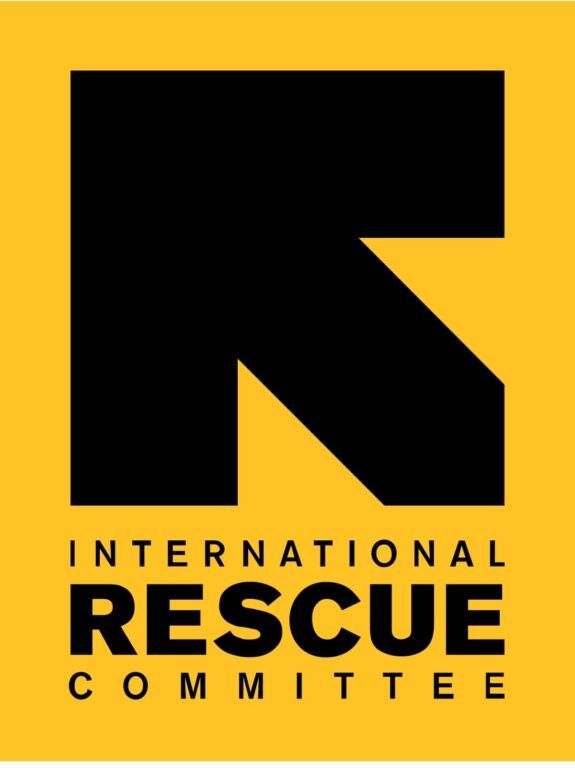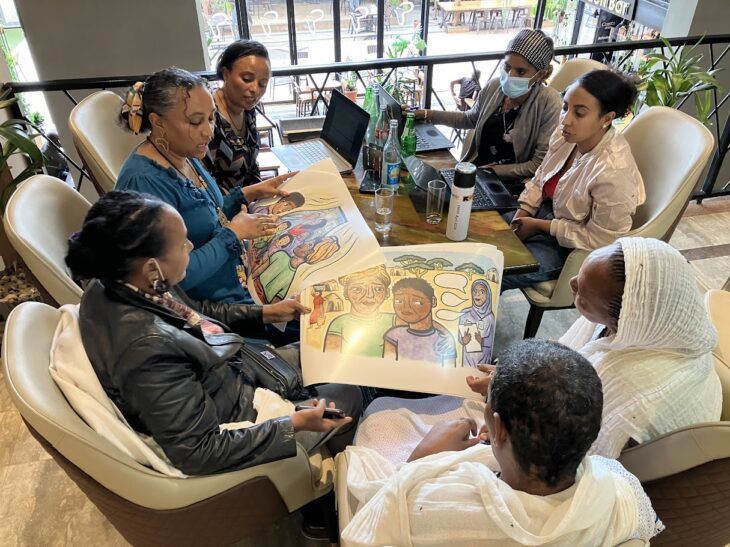Understanding what Girls with Intellectual Disabilities in Crisis Situations Need
- Inclusive development & aid
- Africa


This project listened to girls with intellectual disabilities and their caregivers about what they need when they are living in emergency situations, and worked with humanitarian organisations to be more inclusive.
We helped IRC and our members use the Listen Include Respect guidelines to make sure the project was inclusive and led by self-advocates throughout.
This project was funded by the government of the United States of America, through the Bureau for Humanitarian Assistance.
Our Goals
Our goals for this project were to:
- Learn about what girls with intellectual disabilities and their caregivers need when they are living in emergency situations
- Share strategies with humanitarian organisations about how to make their work more inclusive
- Share information with organisations of persons with disabilities (OPDs) and humanitarian organisations about how they can work together
These goals are important because girls with intellectual disabilities are usually not included in programmes that are meant to help everyone.
This project will help humanitarian organisations to make sure they can include them in program work and meet their needs when they are living in emergency contexts.
Who took part?
Our members in Ethiopia and Burkina Faso supported IRC teams to learn from girls and their caregivers:
- FENAID (Ethiopia)
- APEE (Burkina Faso)
What activities did we do?
- Supporting our members to train IRC teams in Ethiopia and Burkina Faso on using the Listen Include Respect guidelines and how to include people with intellectual disabilities
- Supporting self-advocate leaders to build their skills
- Holding consultations with girls and their families about what they need when they are living in emergency situations, led by self-advocate leaders
- Developing resources for humanitarian organisations about how to include girls with intellectual disabilities in program work, and how to run inclusive projects
Outcomes
Although the project ended early in 2025 due to funding cuts from the US government, the tools and reports we created will support more inclusive humanitarian work and can be used by our members in future projects.
These are the resources we made through this project:
- Case study: Good Examples – Hearing from Girls with Intellectual Disabilities
- Learning report: Including Adolescent Girls with Intellectual Disabilities in Humanitarian Action